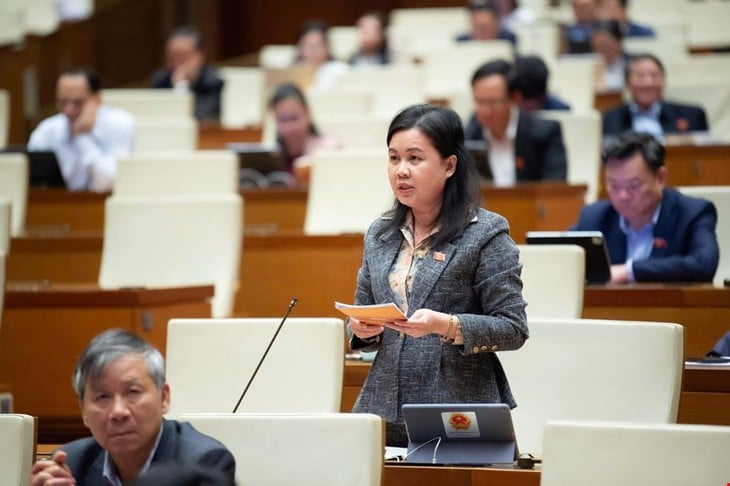
Delegate Nguyen Phuong Thuy ( Hanoi ) - Photo: GIA HAN
On the afternoon of November 7, the National Assembly discussed in the hall the draft Law on Cyber Security and the Law on Protection of State Secrets (amended).
Delegates worry about the abuse of secret stamps to avoid explanation and conceal information.
Delegate Nguyen Phuong Thuy (Hanoi) expressed concern about the abuse of secret stamps in state management, considering this an administrative reflex that is hindering supervision, accountability and digital transformation activities in public agencies.
The delegate cited: “Inspection practice shows that in some places, stamping confidential has become a habit. All documents related to cadres or the drafting process are stamped confidential. There are documents that are not classified as confidential but still have to be managed and used as confidential documents. Even some content has been widely published in the press but continues to be stamped confidential.”
According to delegates, there are cases where agencies and organizations stamp confidential not to protect national interests, but to avoid being questioned, to avoid having to explain, or even to hide information.
This phenomenon is forcing enforcers to comply with many cumbersome and time-consuming procedures, reducing transparency in public service activities.
Along with that, the problem is not only in the encryption stage but also in the decryption stage.
The reality is that it is easy to close a secret, but very difficult to declassify it. Many documents have no reason to be kept secret but are still kept secret for decades. To use them, agencies still have to ask for permission and go through complicated procedures, which are both slow and ineffective.
Pointing out three main reasons leading to this situation, delegate Thuy said that the scope of state secrets is too broad and lacks clear quantitative criteria. Therefore, many agencies choose to keep it secret for sure because they are afraid of making mistakes.
On the other hand, there is a lack of sanctions for abusive behavior, and there are currently no clear regulations on the legal consequences of intentionally stamping false secrets to conceal information. There is also currently no legal framework regulating the concept of "internal documents", making civil servants afraid to provide data, not daring to put information on digital platforms, fearing legal risks.
To overcome this limitation, the Hanoi delegation proposed to review and narrow the scope of state secrets, limiting them to only those cases that are truly necessary, with clear criteria. Enhance the responsibility of leaders, and prescribe specific sanctions when abusing the secret stamp to avoid responsibility.
Simplify declassification procedures, allowing the head of the agency issuing or using the document to directly declassify documents that no longer have confidentiality elements.
“Protecting state secrets is an essential requirement to maintain security and national defense, but protecting does not mean concealing or turning public into secret. If done correctly, we can both protect national interests and promote transparency and digital transformation in public administration,” Ms. Thuy emphasized.
"Sometimes documents are not confidential, but because the information needs to be kept secret, keeping it secret and stamped confidential is not appropriate."
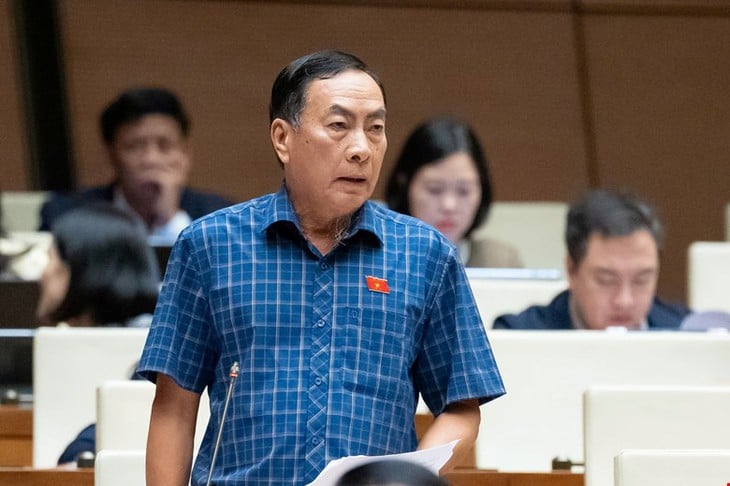
Delegate Pham Van Hoa ( Dong Thap ) - Photo: GIA HAN
On this issue, delegate Pham Van Hoa (Dong Thap) said that it is necessary to use state secrets for the right purpose, with the right authority, and to carry out tasks.
According to the delegate, with the prohibited acts in protecting state secrets, there are currently three levels of protection including top secret, secret, and confidential, especially national documents, related to national security... which are very important.
However, to ensure strictness and avoid cases of abusing falsely marking confidential information and providing information, we need to be vigilant. "Sometimes documents are not confidential, but because the information needs to be hidden, it is inappropriate to mark it confidential. At the same time, it is necessary to enhance the role of agencies in marking confidential, top secret, and secret, associated with the responsibility of those who carry it out," Mr. Hoa stated.
Regulations strictly prohibit the dissemination of sensitive data, causing chaos.
Giving comments on the draft Law on Cyber Security (amended), delegate To Van Tam (Kon Tum) pointed out the reality that there is a situation where the Party's guidelines and policies and the State's laws are being distorted and incited, so it is necessary to add this behavior to strictly prohibit it.
According to the delegate, the draft has provisions prohibiting acts of insulting the national flag, national emblem, and national anthem, but according to him, it is necessary to add provisions on acts of insulting the Party flag.
On the other hand, the regulation adds cyberterrorism acts, such as disseminating sensitive data, causing chaos, threatening human life and health... to the list of prohibited acts.
At the same time, it is necessary to build a specialized force to protect network security, add regulations on in-depth training, understanding of technology, and effectively preventing cyberspace.
Source: https://tuoitre.vn/lo-lam-dung-dong-dau-mat-dai-bieu-de-nghi-thu-hep-pham-vi-bi-mat-nha-nuoc-20251107154320007.htm


![[Photo] Da Nang: Hundreds of people join hands to clean up a vital tourist route after storm No. 13](https://vphoto.vietnam.vn/thumb/1200x675/vietnam/resource/IMAGE/2025/11/07/1762491638903_image-3-1353-jpg.webp)





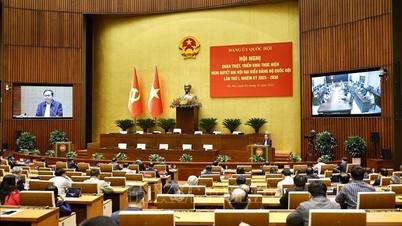

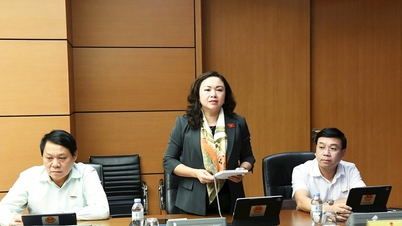

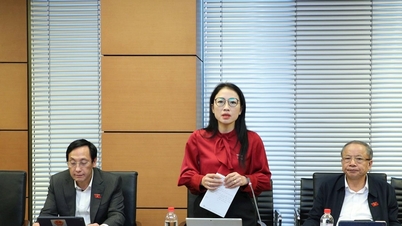
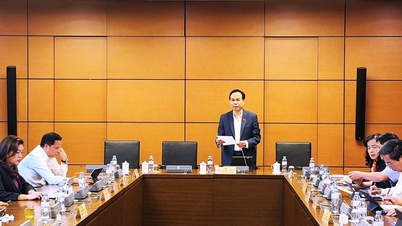
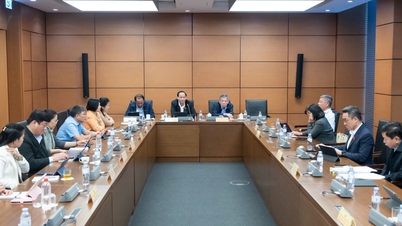
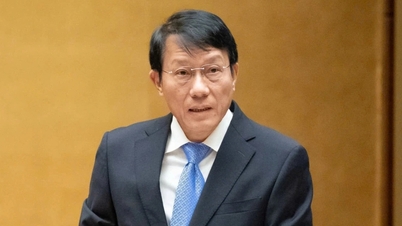


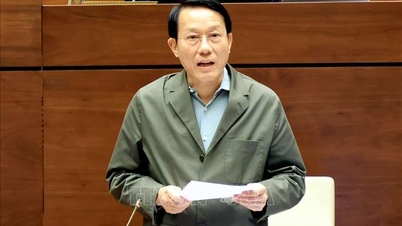


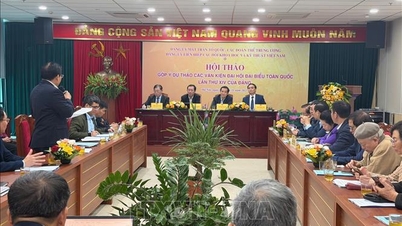

















































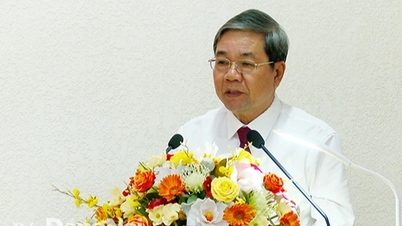
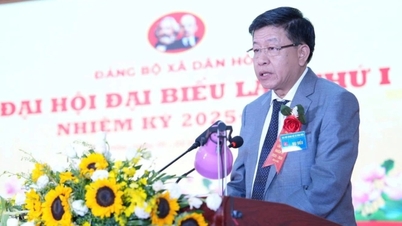



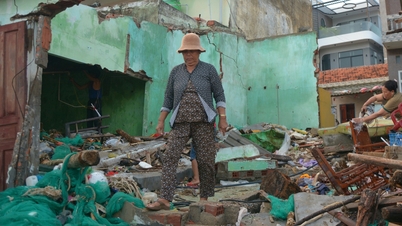




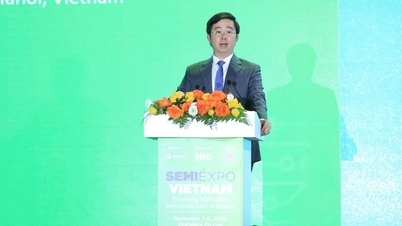

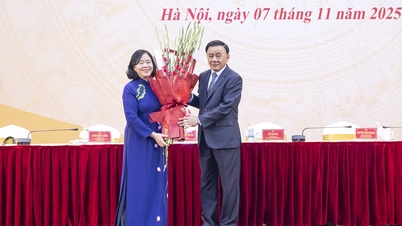




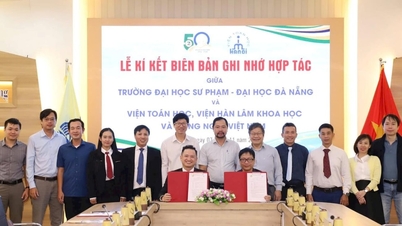

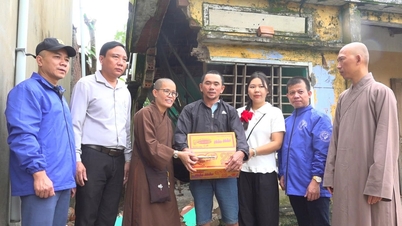
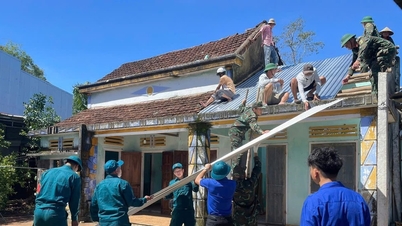
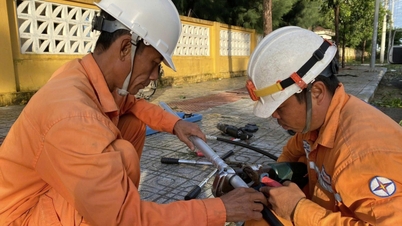

















Comment (0)